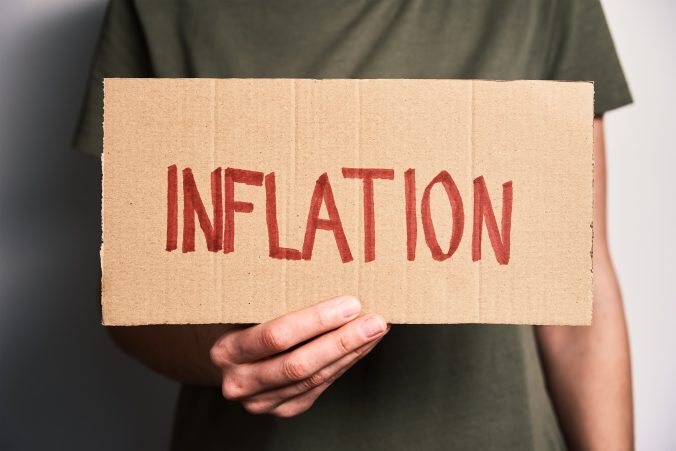UK inflation rose to 9.1% in May from 9% in April as the cost-of-living crisis continues, according to data from the Office of National Statistics (ONS).
It was a slight increase on the 9% figure of the previous month, which was driven upwards by April’s unprecedented rise in the energy price cap and is estimated to be the highest since 1982.
The ONS said rising prices for food and non-alcoholic drinks, compared with falls a year ago, pushed up the inflation rate. In monthly terms, consumer prices were up 0.7% in May.
Economists expect the rate to lurk within the 9%-10% range in the coming months before leaping again in October when the next adjustment to the energy price cap is implemented.
Chancellor Rishi Sunak said:
‘I know that people are worried about the rising cost of living, which is why we have taken targeted action to help families, getting £1,200 to the eight million most vulnerable households.
‘We are using all the tools at our disposal to bring inflation down and combat rising prices – we can build a stronger economy through independent monetary policy, responsible fiscal policy which doesn’t add to inflationary pressures, and by boosting our long-term productivity and growth.’
Internet link: ONS website












